Content by Amanda Bachmann
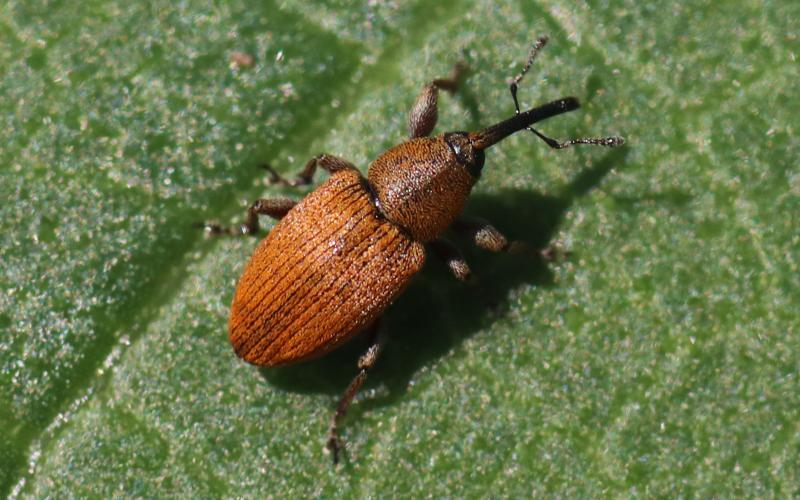
Is it Time to Spray Red Sunflower Seed Weevils?
Red sunflower seed weevil adult activity is well underway on sunflowers in South Dakota. Even though the red sunflower seed weevil numbers are down, we are still observing populations in South Dakota that are above threshold.
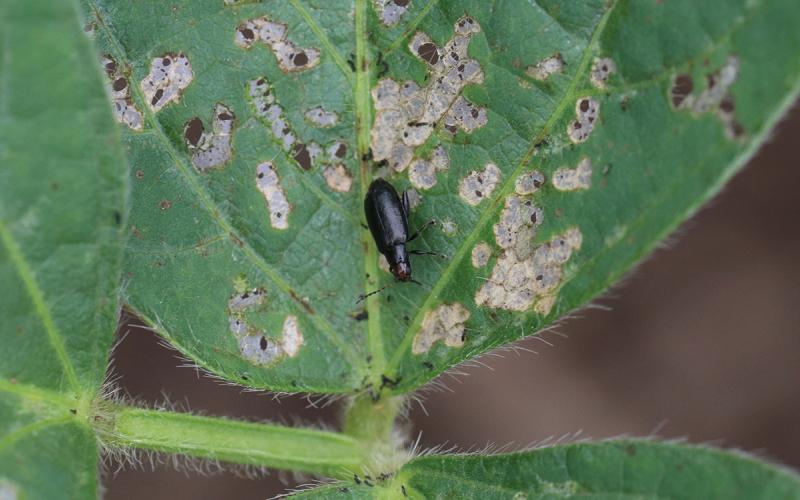
Redheaded Flea Beetles in Soybean
While scouting soybean this week, we noticed an uptick in redheaded flea beetle activity. In the fields that we scouted, defoliation levels were still very low at less than 5%.
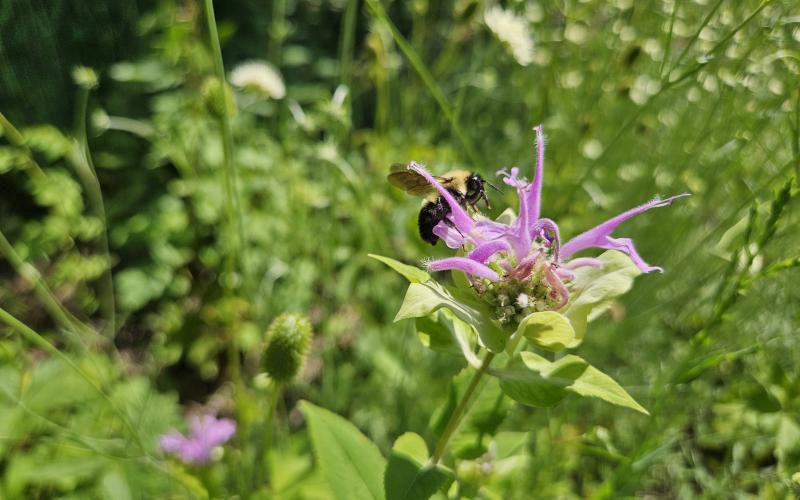
Managing Forests for Pollinators
Fact sheet on the importance of managing Black Hills forests for pollinators.
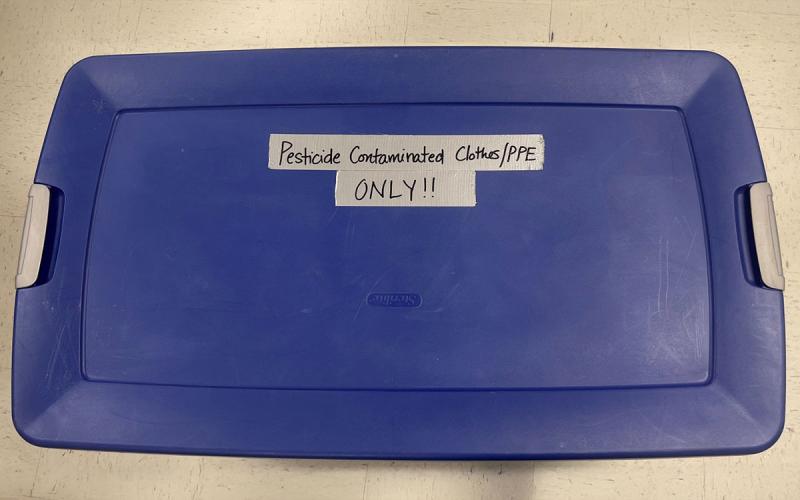
How to Properly Launder Pesticide Contaminated Clothing
Many types of personal protective equipment are intended for single use only and should be discarded after use, but how do you wash reusable equipment and clothing contaminated with pesticide residue?
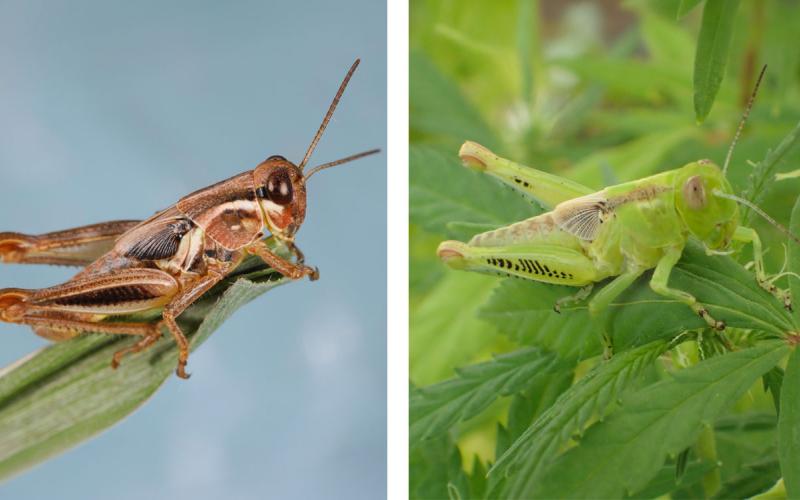
Grasshoppers Are Showing up in Large Numbers in Eastern South Dakota
While scouting spring wheat in Brookings County this week, we noticed grasshopper nymph populations that were close to threshold.
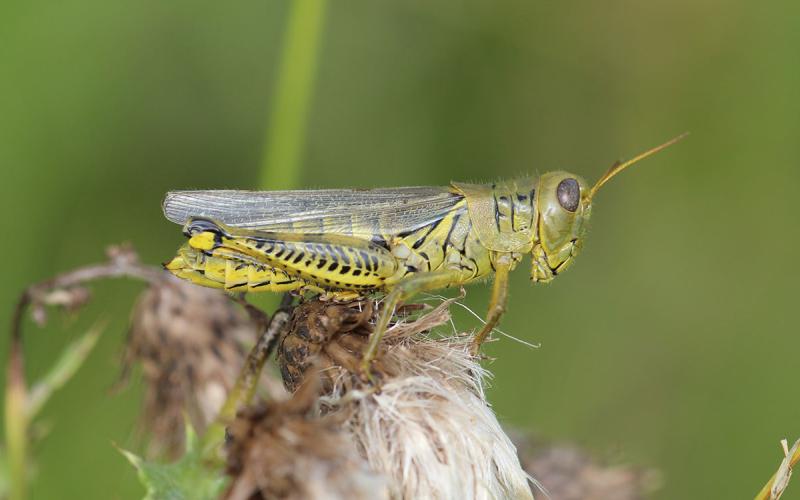
Survey of Grasshoppers in South Dakota
Fact sheet on the abundance and species diversity of grasshoppers in South Dakota
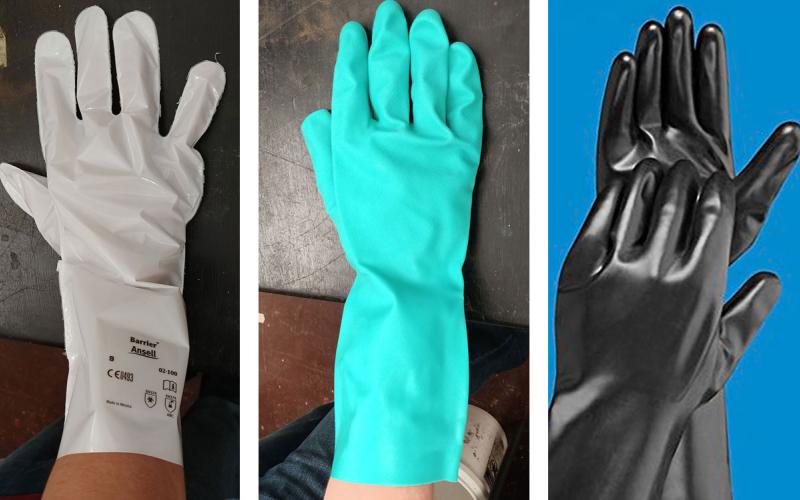
Pesticide Personal Protective Equipment: Glove Selection
Safety gloves are one of the most-important pieces of pesticide personal protective equipment. Glove material is very important, as not all materials provide the same protection for different pesticide ingredients.
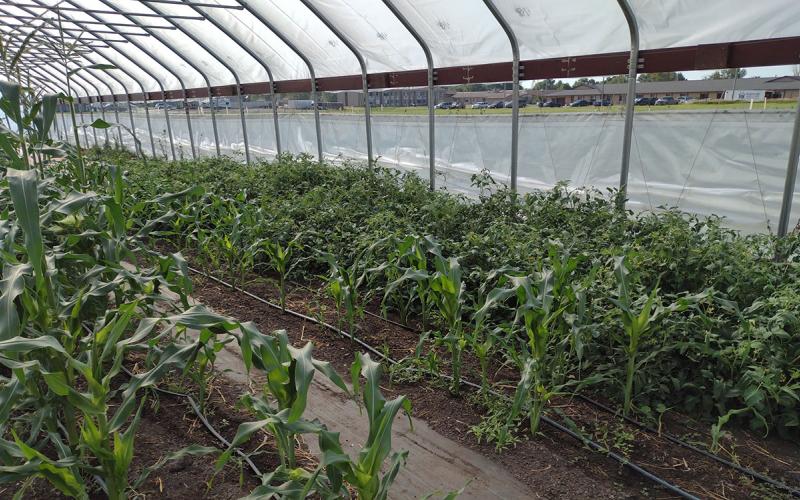
SDSU Extension 2025 Garden Hour series starts May 6
May 02, 2025
/garden-yard/problems-and-solutions
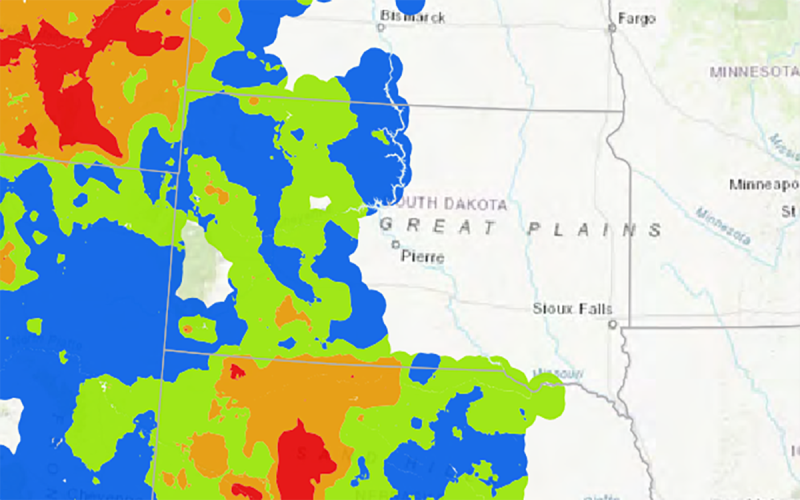
South Dakota Grasshopper Prediction for 2025
In 2025, it is likely that grasshopper populations will once again reach levels capable of causing issues in some areas of the state. Scouting should begin shortly after planting in areas where they were problematic in 2024 and continue throughout the growing season.
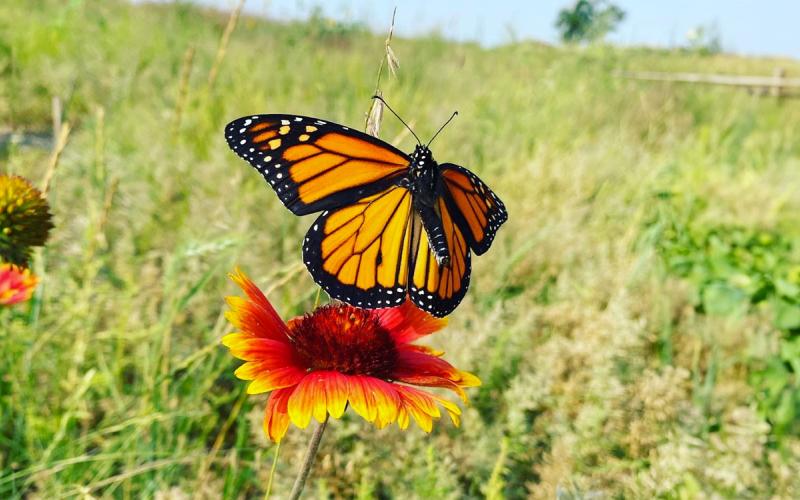
SDSU Extension to host Backyard Natural Resources series
May 01, 2025
South Dakota State University is pleased to announce the second year of its virtual Backyard Natural Resources series on May 6, 8, 13 and 15, 2025.